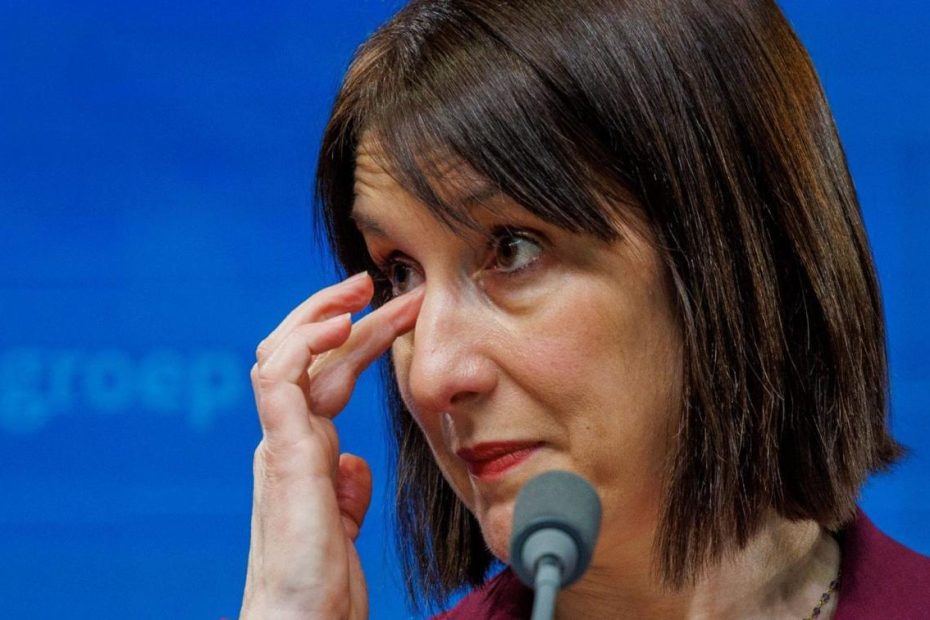The turmoil in the bond market has led to enormous interest from ordinary savers who want to benefit from higher returns.
Private investors are rushing to buy government bonds – as UK government bonds are called – after a recent rise in their yield, the effective interest rate on offer.
Andy Bell, the founder of AJ Bell, one of Britain's leading consumer stockbrokers, said monthly government bond buying volumes were now “around six times higher than in autumn 2022” after Liz Truss's mini-Budget announced a similar triggered a spike in bond yields.
Rival platform Hargreaves Lansdown said data for the four days to Thursday, January 9, showed it was already the busiest week for UK bond purchases since October.
The rebound comes after a rise in government bond yields last week, driven by concerns about low growth and rising inflation in Britain. Yields are the interest paid on bonds and market movements are a sign that investors are demanding higher returns to lend money to Britain.
Mr Bell said: “The higher the interest rate, the more compensation potential buyers receive for the risks involved, such as inflation or changes in interest rates.
“Customer interest in UK government bonds started to increase when yields moved higher under Liz Truss, and have continued to rise ever since. This week we have gone one step further, and a big step for both the short and long term.”
While private investors are buying government bonds, large urban institutions such as pension funds and asset managers are avoiding or selling UK government bonds, which is why interest rates are rising.
Yields on 30-year government bonds last week reached their highest level since 1998, a sign of the extent of investor concerns. Meanwhile, the government now has to pay 4.8% to borrow for 10 years, down from 3.8% in September.
Market movements put Rachel Reeves at risk of breaking her budget rules and put pressure on her to find new ways to balance her budget.
Investors are bracing for more bond routs this week when markets reopen Monday morning.
Nuwan Goonetilleke of Phoenix Group, Britain's largest provider of long-term savings and pensions, said: “Fundamentally, the government and Rachel Reeves are in an unintended battle with the bond market over slow growth, and there is no real way out. Caution is needed when it comes to expenditure.”
Worryingly, the pound has also weakened along with rising government bond yields, a sign that international investors are shunning Britain altogether. The pound sterling fell to a two-year low against the dollar on Friday.

